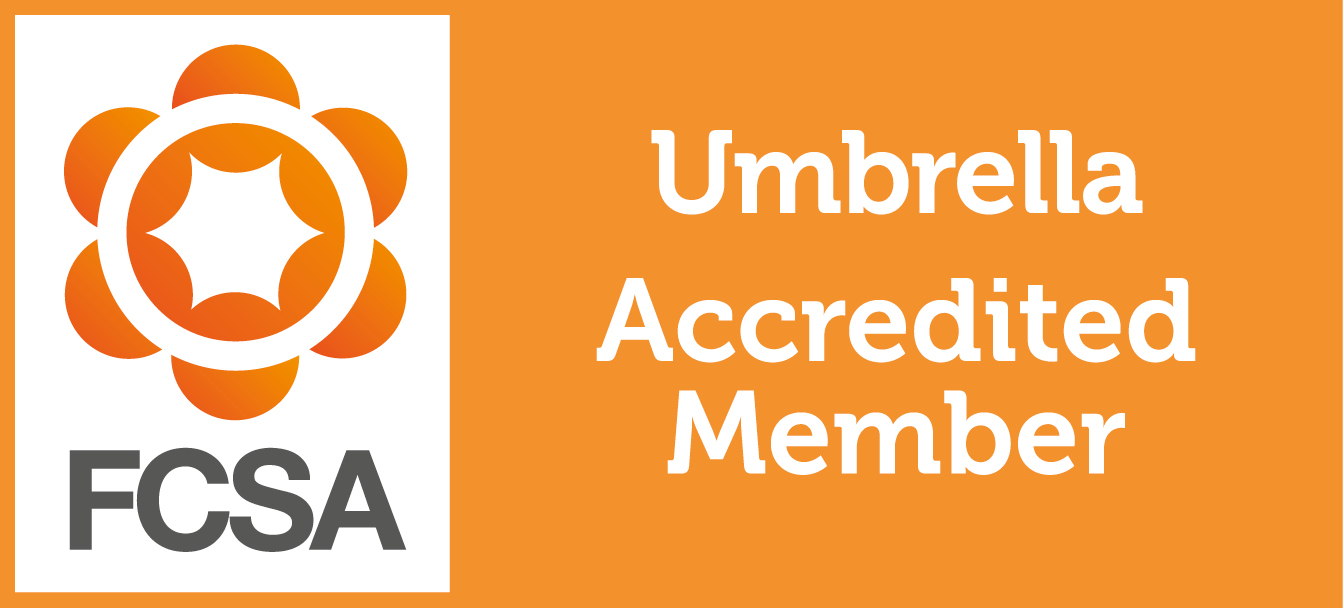
With 2024 just around the corner, we decided to collate some of the tax and pension changes coming in the new year.
Tax Changes
National Insurance
From the 6th of January 2024, the main employee rate of National Insurance (NI) is being cut from 12% to 10%. As of April 2024, Class 2 NI for self-employed workers will be abolished. Contractors use class 2 NI to help build their NI record, which helps them qualify for various benefits such as State Pension. The Chancellor said this will not be impacted, as self-employed individuals can still pay voluntary contributions. Class 4 NI will also be reduced from 9% to 8% from April. For more information, please visit the government’s website.
Dividend Tax
When a company makes a profit, it can give shareholders back money in the form of dividends. Shareholders can earn some dividend income each year without paying tax – known as your dividend allowance. Anything above this will be taxed. Please note that you don’t pay tax on dividends from a Stocks and Shares ISA. The dividend allowance decreased to £1,000 in the 2023/24 financial year. For the 2024/25 financial year, the dividend allowance will decrease again to £500.
Capital Gains Tax
Capital Gains Tax (CGT) is a tax you pay on the profit when you sell (or dispose) of something that’s increased in value. It’s the gain you make that’s taxed, not the amount of money you receive. How much you can earn before paying CGT changed on the 6th of April 2023. The government cut the threshold from £12,300 to £6,000. The allowance will be cut again to £3,000 in April 2024. If you have profits that exceed this amount, they will be taxed.
Pension Changes
State Pension
Since 2010, increases to the state pension have typically been based on the so-called ‘triple-lock’ commitment, which guarantees that payments rise in line with either the largest of September’s Consumer Prices Index (CPI) inflation measure, average wage growth between May and July (including bonuses), or 2.5%. Any increase usually comes into effect the following April.
As September’s CPI was 6.7%, state pensions will go up by average earnings growth instead, which was a higher rate of 8.5%. Therefore, from April 2024, state pensions will increase by 8.5%. Weekly payments will increase by £17.35, and the new weekly payments will be £221.20. Annual payments will increase by £905.30, and the new yearly payments will be £11,541.90.
Pension Credit
Pension Credit is a benefit offered to individuals who have reached State Pension age and have a low income. Pension Credit gives you a top-up to your weekly income to help cover day-to-day costs. To be able to claim Pension Credit, you must have reached State Pension age. You can use the government’s online Pension Credit calculator to see if you are eligible to claim Pension Credit.
From April 2024, the standard minimum income guarantee for those receiving Pension Credit will increase by 8.5%. For a single person, this will increase to £218.15 per week, and for couples, it’ll increase to £332.95 per week.
Lifetime Allowance
From the 6th of April 2024, the government will abolish the lifetime allowance from pension tax legislation. The measure will apply to all members of registered pension schemes. Abolishing the lifetime allowance limits the total amount of tax-free cash an individual can receive to a maximum of £268,275 unless they hold a valid lifetime allowance or lump sum protection.
It also limits the total amount of lump sums an individual can receive before marginal rare taxation applies to £1,073,100 unless individuals have valid lifetime allowance protection. The measure ensures that receipt of regular pension income does not contribute to either of these limits.
Keep an eye on our blog for the latest industry news and legislation changes
Umbrella Company UK will always publish the latest changes to legislation or industry updates affecting contractors to ensure you are continually updated with the latest announcements.
For more information about our SafeRec Certified and FCSA-accredited umbrella service, please call our friendly team on 01707 669023 or request a tailored take-home pay illustration. Alternatively, you can request a callback for a time that suits you.






